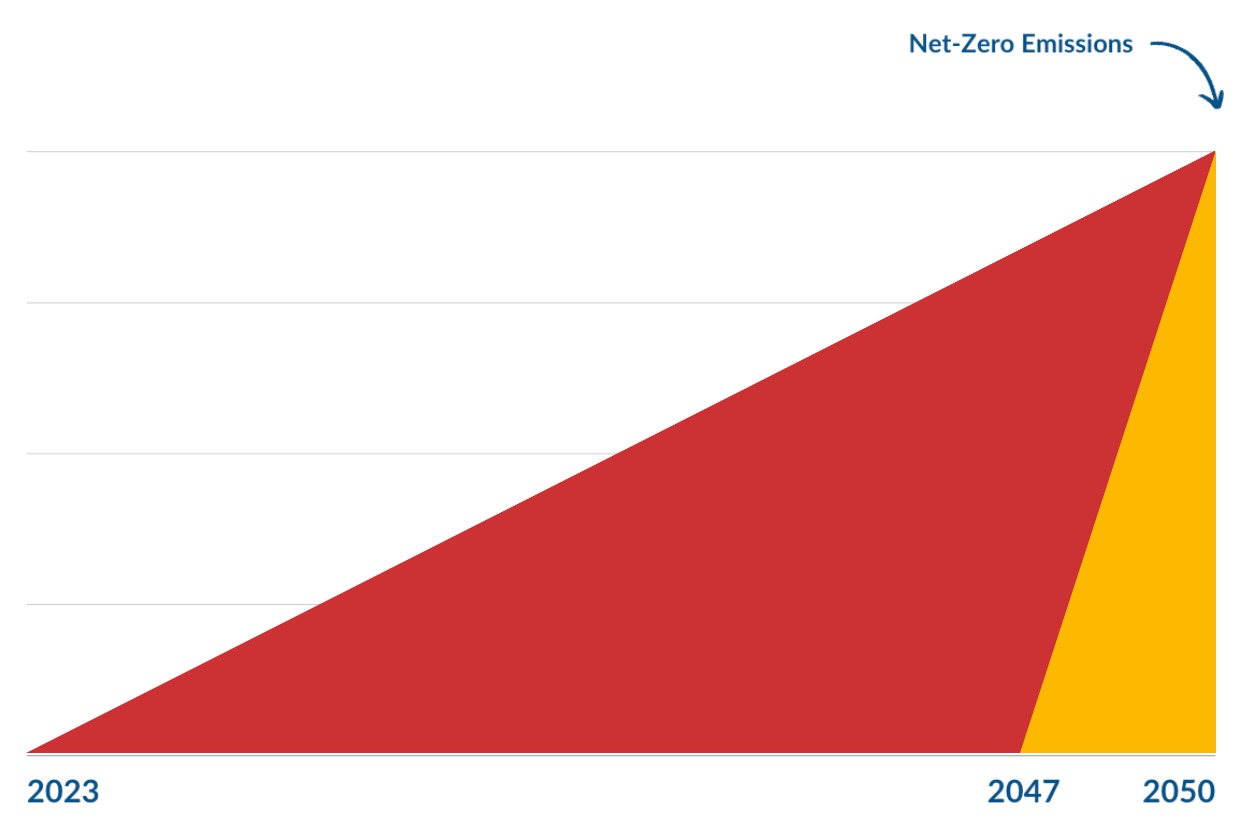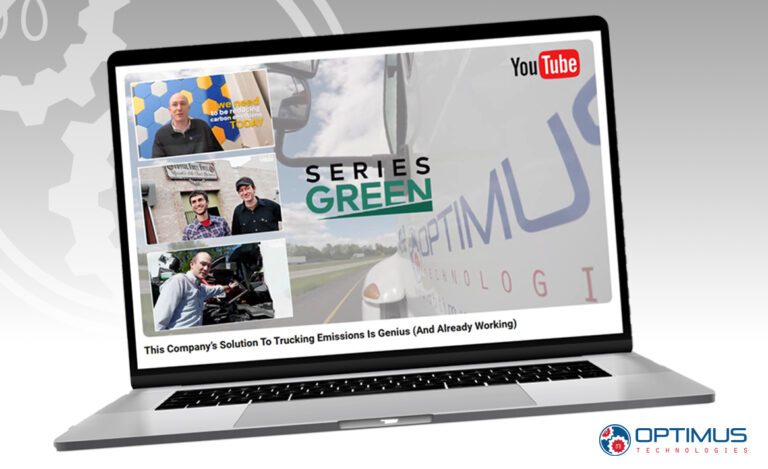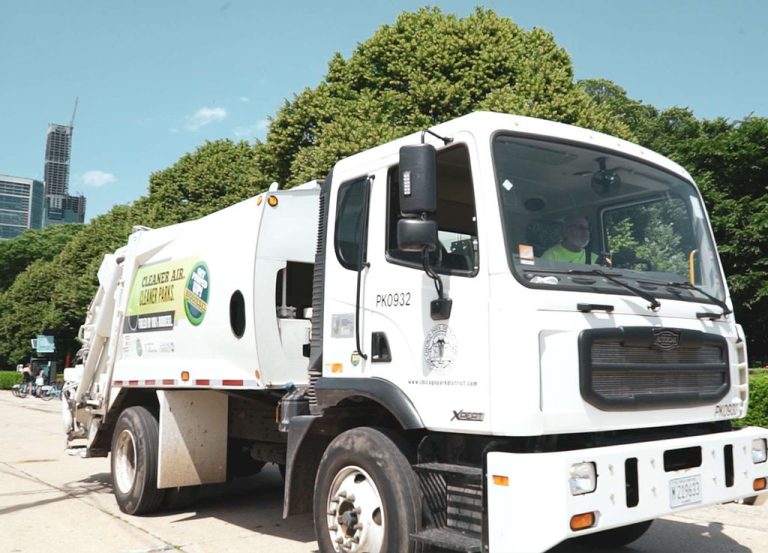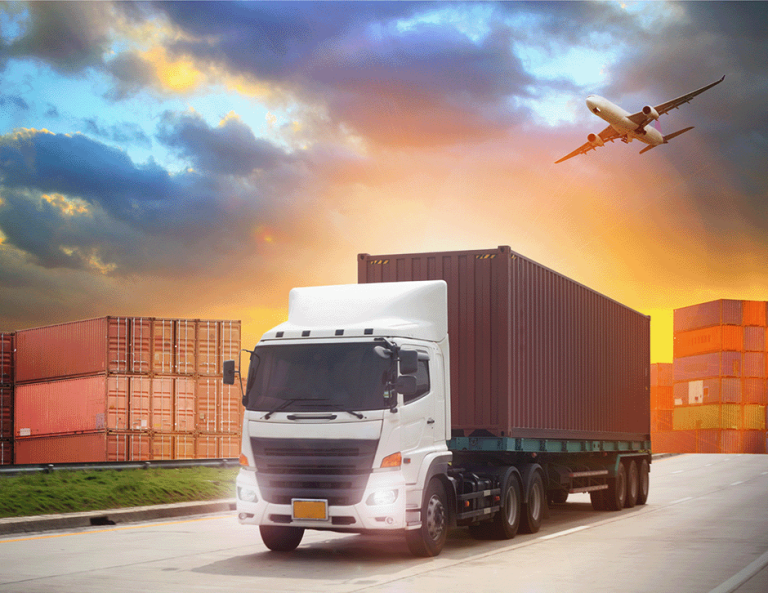Decarbonize Heavy-Duty Fleets Now or Later? The Facts and a Viable Solution Available Today


Did you know that every pound of carbon we emit today stays in the atmosphere for 300 to 1,000 years? This means that the emissions from the first car ever driven in 1886 are likely still in the atmosphere today.
Although this might sound like a fun fact, it is actually a great representation of how harmful carbon can be to our planet. In this blog, we’re discussing the basics of carbon and why decarbonizing sooner rather than later is the best solution.
The Problem With Carbon Dioxide
Carbon Dioxide (CO2) is the main greenhouse gas contributing to climate change. In 2021, CO2 accounted for 79% of all U.S. greenhouse gas emissions from human activities. This is harmful because these greenhouse gases act as a blanket around the planet, trapping the heat that Earth would otherwise have radiated out into space. This trapped heat warms the planet and impacts many established climate patterns.
As a reminder: while CO2 is generated by natural sources, like volcanoes, the breath of animals and plant decay, the vast majority comes from human activity, such as burning fossil fuels like coal, oil, and natural gas to generate energy.
The prolonged shelf life of carbon in the atmosphere makes accumulating larger and larger amounts of greenhouse gas emissions, pretty easy. The compounding effects mean that carbon emitted today has far more of a warming impact on the climate over time. As we create higher emissions today, we’re making it more difficult for future generations to fight rising temperatures and worsening weather events, such as hurricanes, wildfires, and flooding.
Action Now vs. Action Later
Reducing emissions today has a more significant impact on overall climate change compared to lowering emissions in the next few years. According to Veronica Bradley of the Clean Fuels Alliance America , “Using IPCC methodology to calculate the cumulative impact of carbon emissions, you would need to eliminate 30 tons of CO2 in 2030 for every ton you do not eliminate in 2023.”
Meaning that each year an organization waits, the more difficult it is to eliminate the impact of its carbon footprint in the future. Let’s break this down even further:
Organization A (yellow) could spend the next 25 years operating the same way it does today, drastically lower emissions for 2 years (2048 and 2049), and still technically meet its emissions target in 2050. But if Organization B (red) spends the next 27 years making moves to lower emissions, it will have an exponentially higher positive impact on the climate than Organization A, even if they both reach net-zero emissions by 2050.

So clearly the sooner we can start taking action, the better. But, how can we start making an impact today? This is where Optimus Technologies comes in.
Start Reducing Carbon Emissions Today
The highest contributor of CO2 to the atmosphere is the burning of fossil fuels, and the highest contributor of fossil fuels is transportation. When it comes to decarbonizing transportation, EV seems like the obvious choice. But, long lead times and costly infrastructure make it another solution for “later on”.
With Optimus Technologies you can start eliminating around 90% of CO2 emissions right now, not sometime in the future when those emissions are even more harmful to our planet. By allowing some of your heaviest CO2 emitting vehicles to run on B100 (100% Biodiesel), with a bolt-on dual-fuel system, you can decarbonize your fleets today with minimal impact to operations.
Want to learn more about how Optimus Technologies can help you quickly decarbonize your heavy-duty fleet? Contact us, today.







